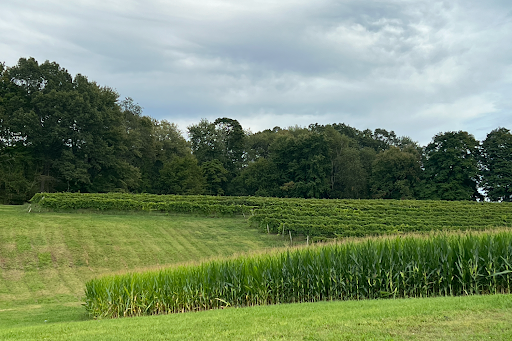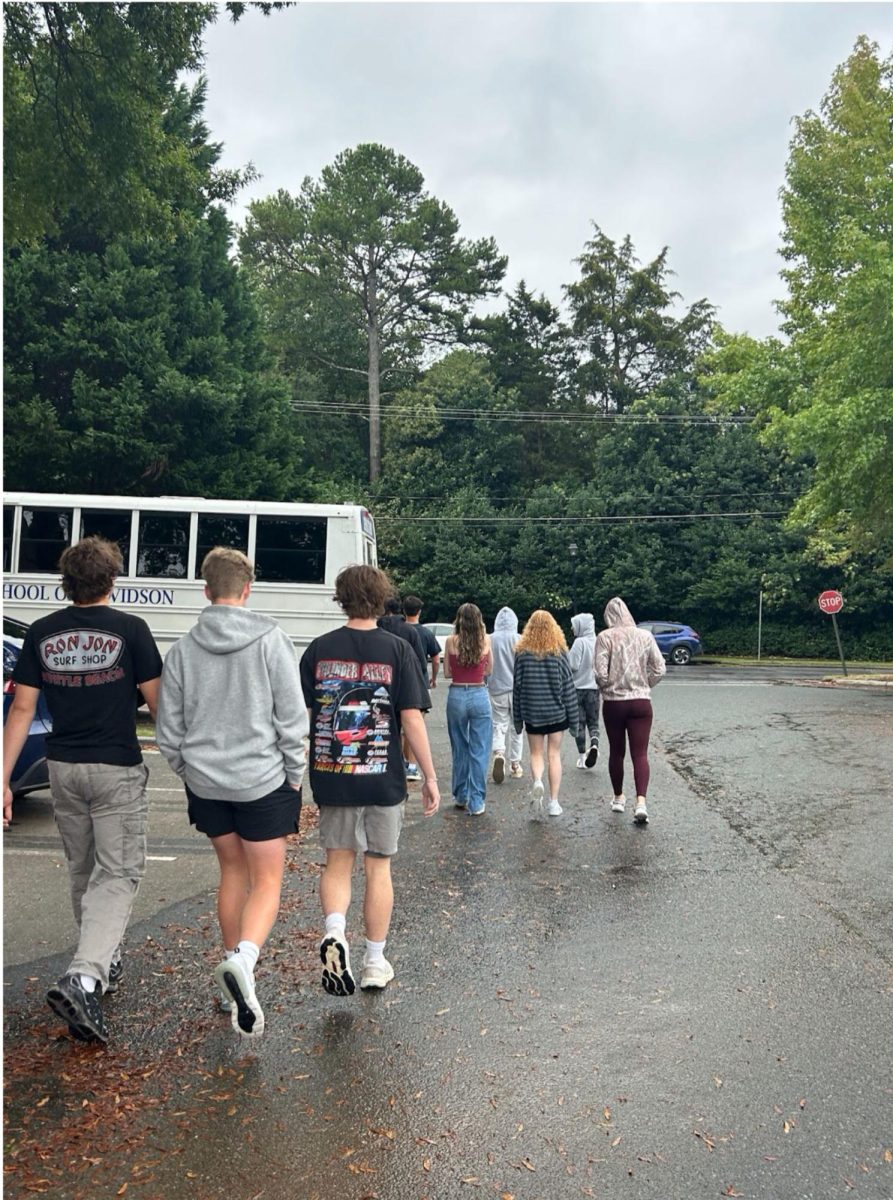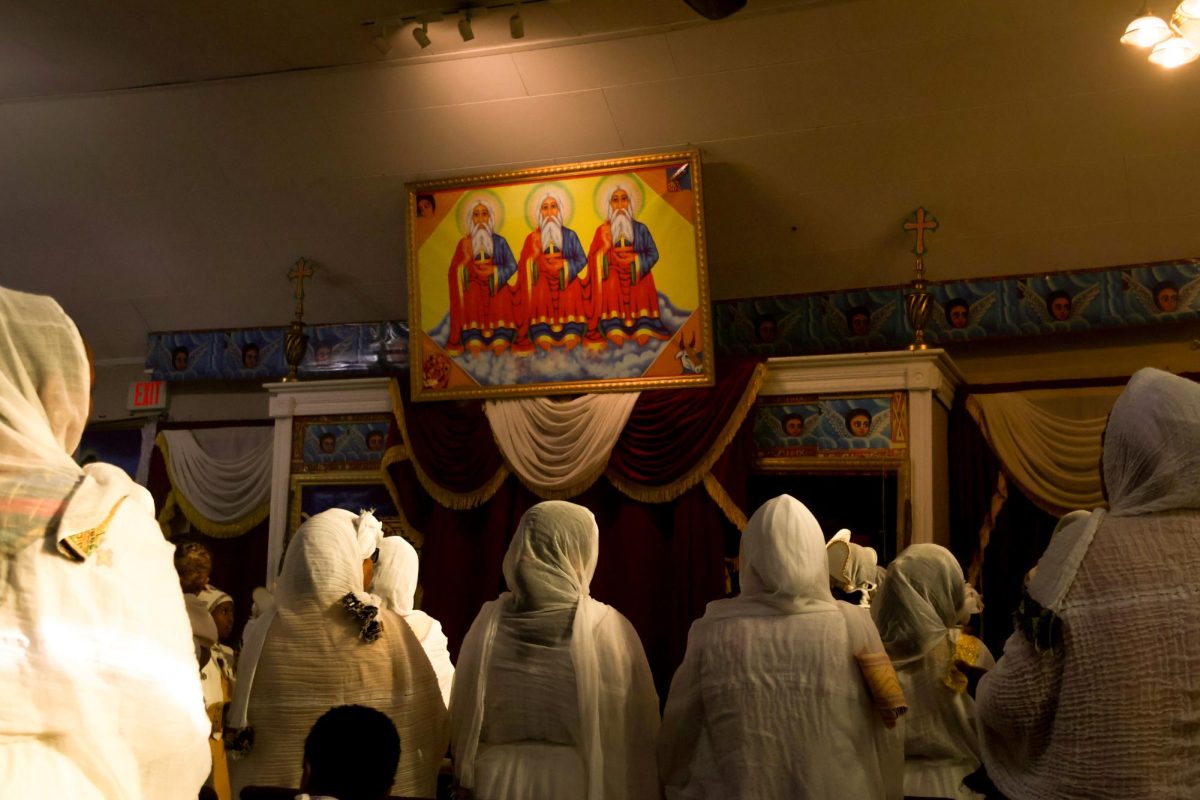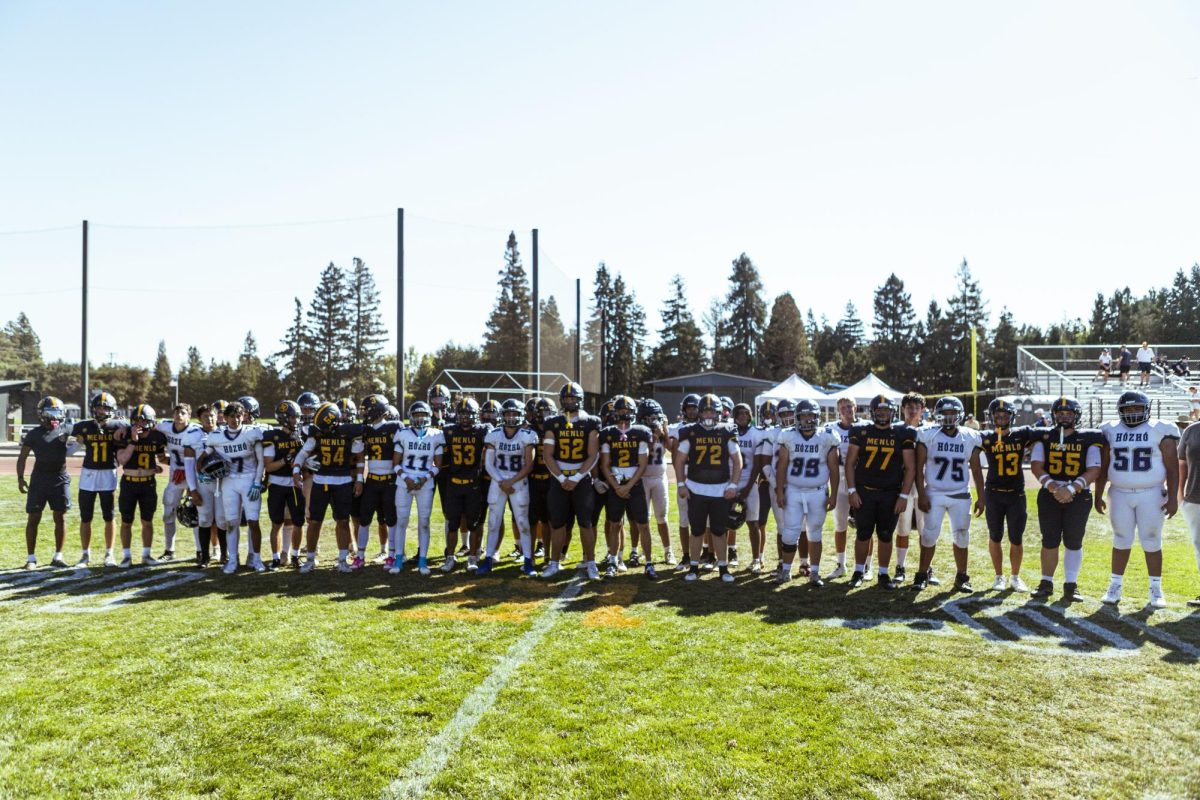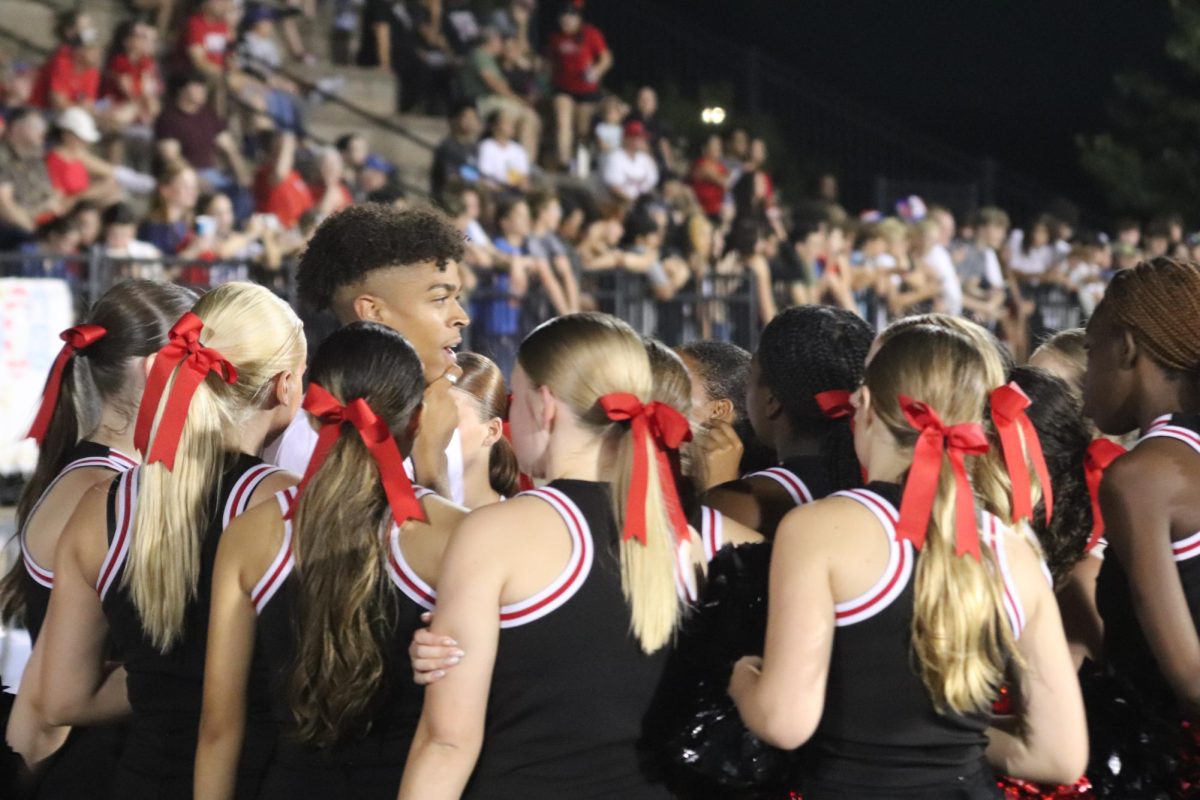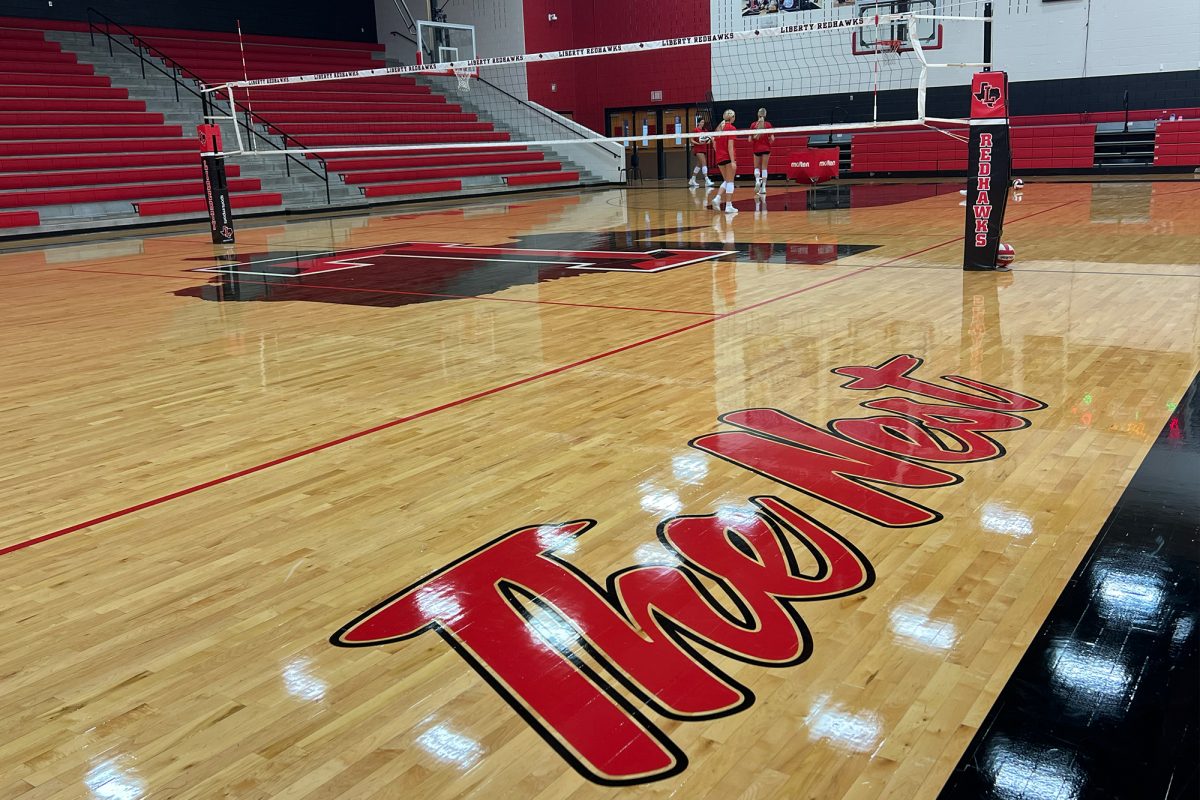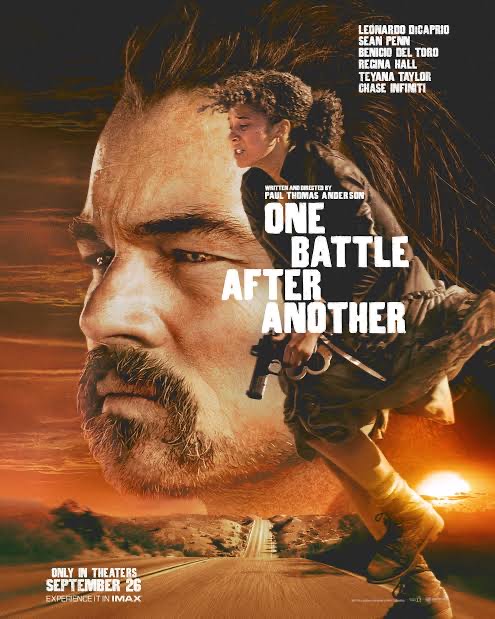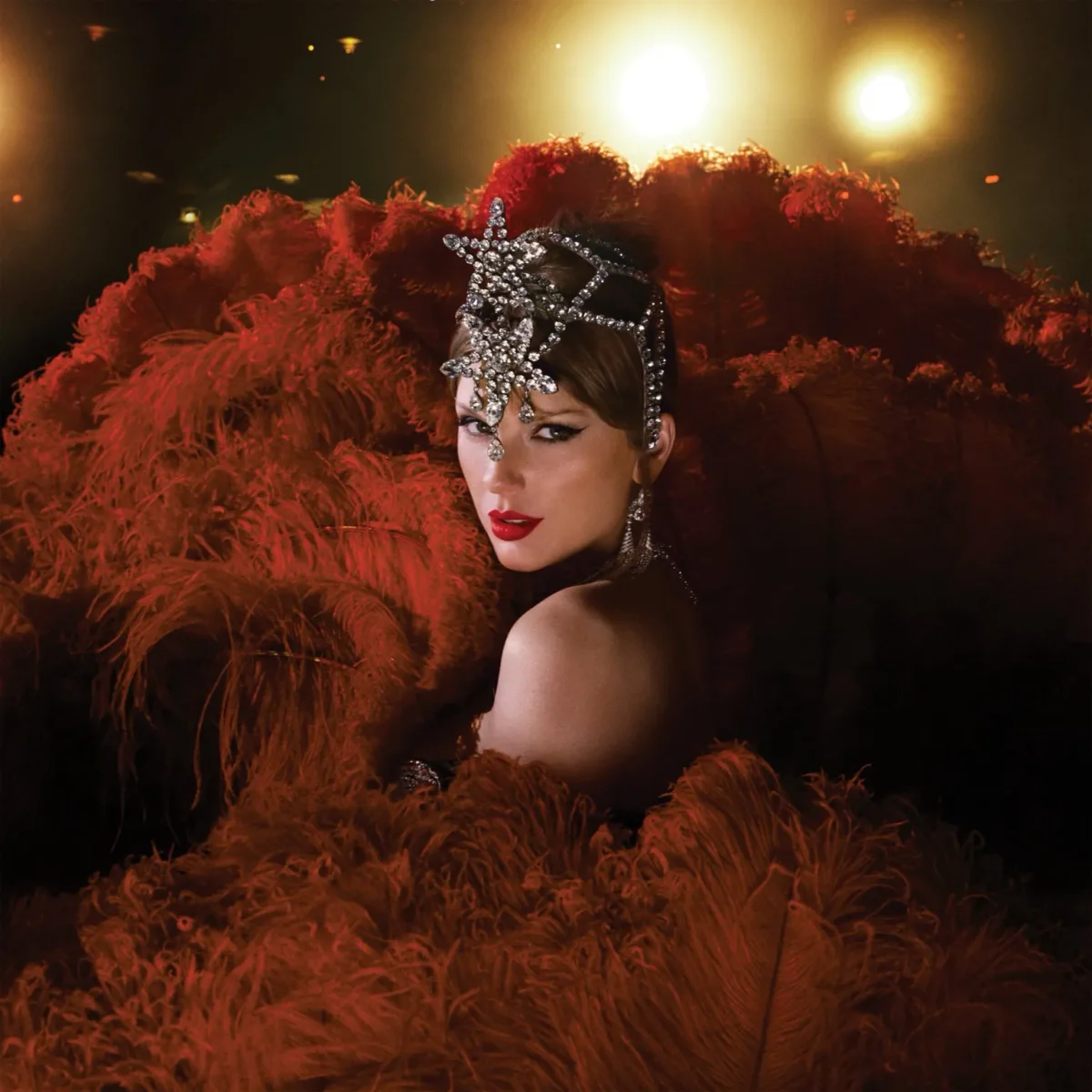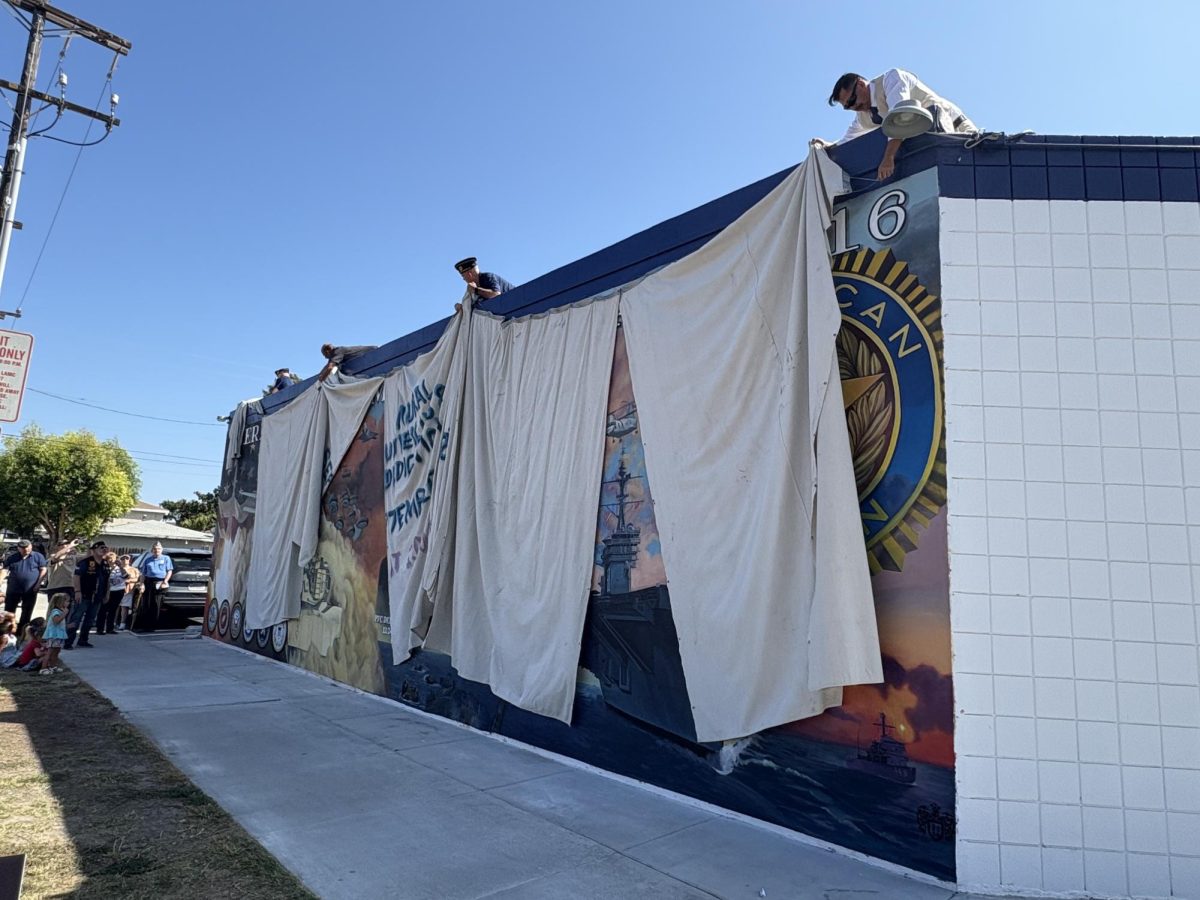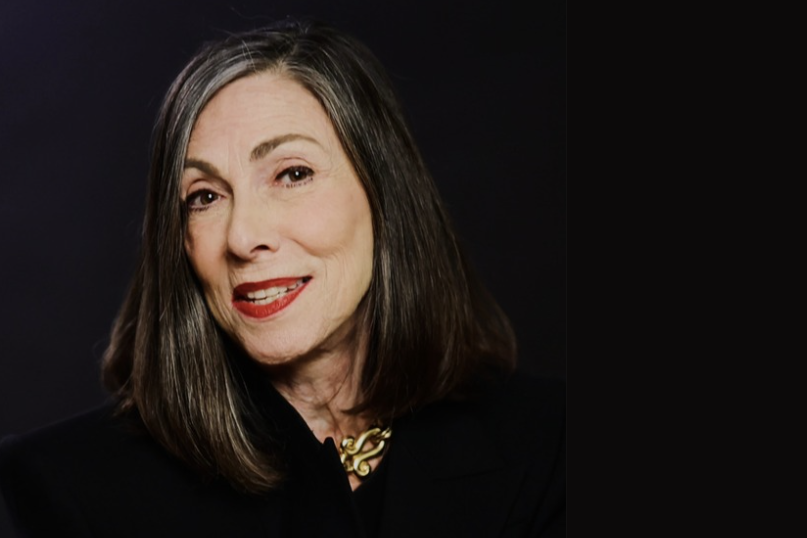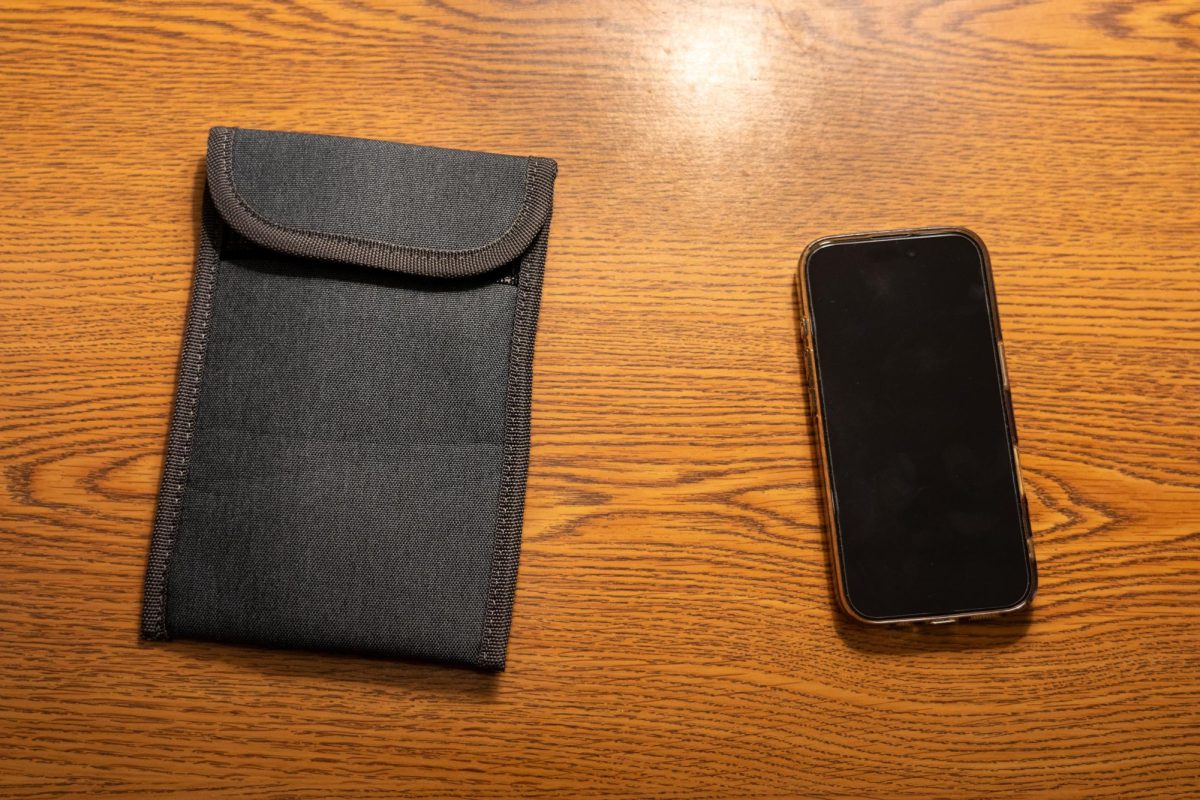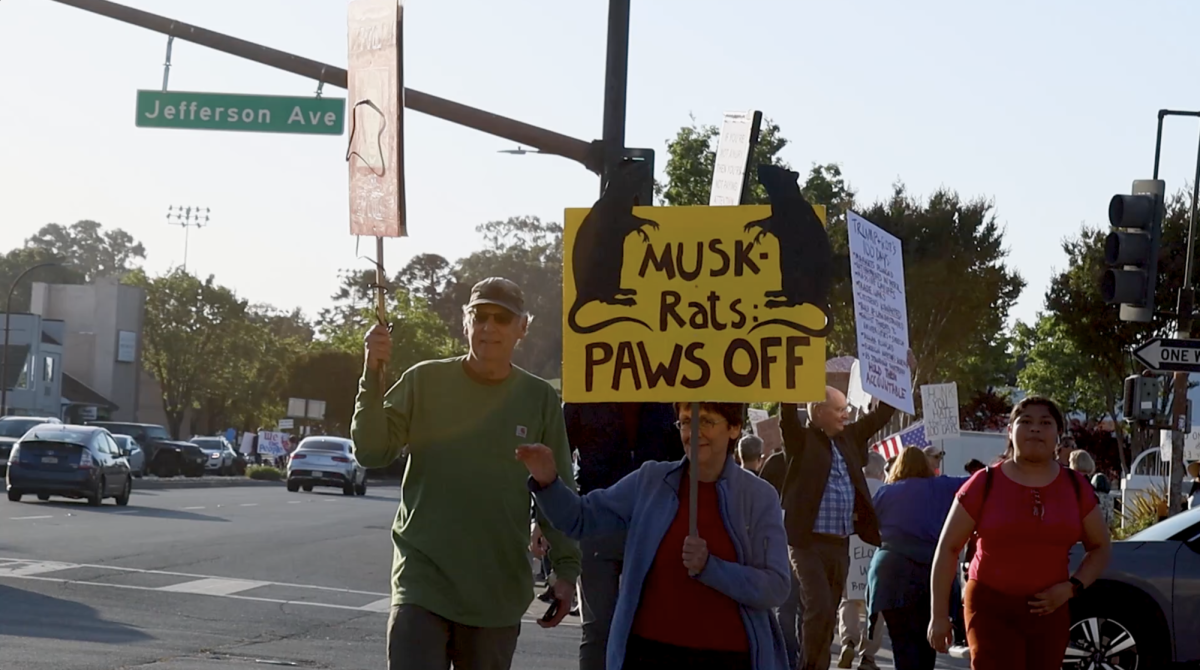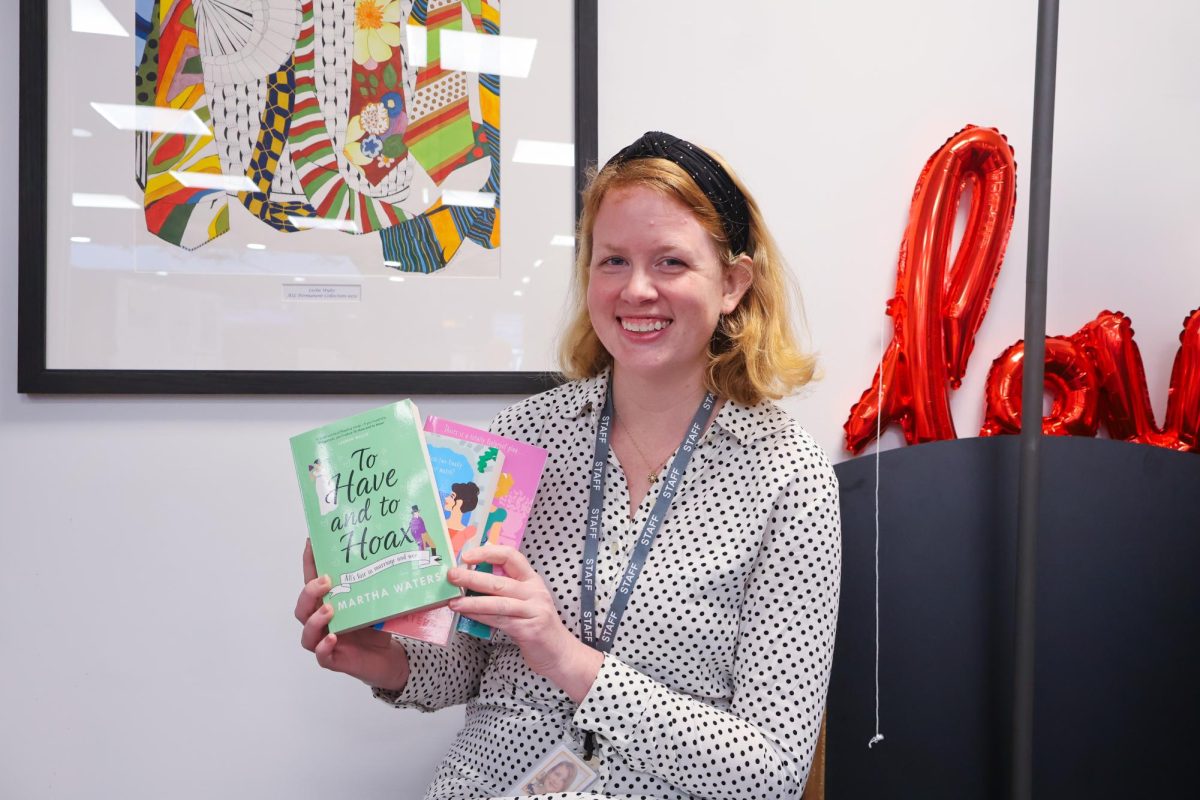Cataloging Assistant and author Martha Waters said her passion for writing began at the age of 6, when she wrote a simple declaration in crayon: “I’m going to be a writer.”
That sentence, penned in a picture book that was later published by the Palm Beach Public Library, marked the beginning of her lifelong love for storytelling.
Raised in Palm Beach, Florida by parents who were journalists, Waters said she was always surrounded by writing.
“There was always a story being written, edited or discussed in our house,” Waters said. “My parents, especially my dad, had a real love for writing, and I guess it rubbed off on me too.”
Waters is best known for her five-book series “Regency Vows,” a historical romance collection that debuted in April 2020. The series has sold approximately 100,000 copies, earned praise from outlets such as USA Today and Publishers Weekly and secured a spot on Target shelves across the U.S., according to Martha Waters.
Writing process
Waters said her writing process is “deeply chaotic.” Each book begins with writing a complete first draft, which she prints out and rewrites entirely from scratch.
“It’s grueling, but having to retype every word forces me to make changes,” Waters said. “If I just edit directly on the original draft, I catch myself getting lazy, skipping over things that need fixing, but when I’m retyping, I have no choice but to engage with every single word.”
Waters said her early drafts are often incomprehensible.
“Characters will reference things that don’t exist yet or react to events that never happened,” Waters said. “I do it so that when I revisit it, some of my ideas are already down on paper, but it’s not even like, ‘Haha, this is a bit messy.’ It’s more like, ‘No, genuinely, this is unreadable.’”
Waters said despite her relentless rewriting, her editor has praised the strength of her final drafts.
However, Waters said being a writer means accepting that no draft will ever perfectly capture what she envisioned.
“You almost have to reconcile that the version in your mind will never fully match the one you put on the page,” Waters said. “There will always be an idealized version in your imagination, one that feels better, more perfect, but that version doesn’t truly exist … it’s just the reality of writing.”
“Regency Vows” series
Waters, who majored in history at the University of North Carolina at Chapel Hill, said writing Regency period romances allowed her to combine her two passions — history and writing.
“I’ve always loved history,” Waters said. “I knew I didn’t want to write deeply intricate historical fiction though. My books feel like a response to the Regency romance subgenre … I wanted to, like, lovingly poke fun at some of its familiar tropes and situations. I often compare Regency romance to fan fiction because, in a way, we’re all playing with a fictionalized version of the Regency era.”
Waters said her research often leads her down “deep rabbit holes of obscure and random information.” While writing “To Marry and to Meddle,” Waters said she became engrossed in the British theater patent system of the 1930s.
“It fascinated me how this patent system only allowed those who paid to speak the oral word in theatres,” Waters said. “People would get around it by speaking over music. I just got, like, lost in the details, but my editor snapped me back to reality and said, ‘Martha.’ That’s when I realized, ‘Maybe I should just stick to the romance. That’s what I’m better at anyway.’”
The first novel of her series, “To Have and to Hoax,” was released just weeks before the COVID-19 pandemic lockdown began March 14, 2020. Waters said it was a “horrendous time to debut,” as all her arrangements had to be canceled.
“My friends and family were flying in from out of state,” she said. “I had scheduled bookstore events and I was even invited to speak on a panel at the LA Book Festival. Instead, I signed some bookplates, dropped them off at my local bookstore and did a 10-minute Instagram Live. That was it. It felt really anticlimactic.”
However, Waters said she never would have anticipated that just nine months later, the release of “Bridgerton”’s first season on Netflix Dec. 25, 2020, would cause her weekly book sales to skyrocket — from approximately 700 copies to over 10,000 per week.
“How can you possibly predict both, like, a global pandemic shutting everything down and a Netflix adaptation of a 20-year-old book series causing an unprecedented interest in your genre all within the span of a year?” Waters said. “You can’t plan for something like that. You just have to roll with it.”
In April 2021, Waters published her second novel, “To Love and to Loathe,” which garnered even more acclaim, selling 20,000 copies in three weeks. Waters said the novel was a “second-chance romance,” a trope she enjoys writing more than “enemies to lovers.”
“When a book starts with the heroine instantly forming a negative impression of the male lead, I only have about 300 pages to undo that,” Waters said. “That’s a challenge. That’s why I really enjoy writing second-chance romance. It makes my job a little easier because the characters already have a shared history to pull from. That past creates a sort of natural conflict that feels, you know, believable.”
However, Waters said she felt intimidated by some of the more melancholic scenes in the book.
“There were a few serious flashback scenes, one with a character death,” Waters said. “I was just worried that those scenes would drag down the tone of the book. At the same time, I didn’t want to do a disservice to the actual scenes themselves. I wanted them to feel, like, emotionally authentic, not just brushing over what would otherwise be a very traumatic backstory. So, striking that balance was hard.”
Experience in publishing
Waters said her entry into the publishing industry was “particularly lucky.” In 2019, after sending just six emails of her manuscript “To Have and to Hoax,” she landed an agent, Taylor Haggerty, who represents bestselling authors like Emily Henry and Carley Fortune.
Waters said transitioning from writing as a hobby to facing public criticism was a significant shift.
“I went from writing in a vacuum, where the idea of anyone reading my book was terrifying, to suddenly having to get comfortable with feedback fast,” Waters said. “At some point, the book no longer felt like it just belonged to me. It belonged to everyone. It’s a strange emotional adjustment, but I think every writer has to figure out their own way of handling it.”
Waters said being a published author requires “a completely different skill set” than being a writer.
“The two are just, like, vastly different,” Waters said. “Writing is a solitary process, but being a published author is all about, essentially, selling yourself. You need to get in front of a camera, make videos and rack up likes on TikTok. Having worked as a children’s librarian for a long time, I got used to speaking in front of crowds. Book talks? Love them. But, put me in front of a camera, and I’m useless.”
Additionally, Waters said had to adjust to “real external deadlines,” which, while juggling a full-time job, meant waking up at 5 a.m. and working during lunch breaks — a routine she quickly realized was unsustainable. In June 2021, Waters decided to quit her job as a librarian in North Carolina and moved to Portland, Maine.
Having built a “fairly modest readership,” Waters said she avoids reading her online book reviews.
“No matter how good a good review makes you feel, it never matches how bad a bad one makes you feel,” she said. “To this day, the thought of accidentally stumbling onto my Goodreads page horrifies me. If I did that, I don’t think I’d be able to keep writing.”
Waters said she has found peace in writing for herself rather than for external validation.
“You have to write books for yourself,” Waters said. “At the end of the day, you’re the one spending six months to a year writing each book, going through endless rounds of edits and working late into the night to meet deadlines. And, ultimately, you’re the one who has to live with your name on that book forever, so it needs to be something you’re proud of, right? Even if it means disappointing some people along the way.”
Waters said her upcoming novel, “And Then There Was One,” set for release in October, marks a shift from her usual style.
“It’s a send-up of both golden age and cozy mysteries,” Waters said. “It’s silly, meta and pokes fun at true crime obsessives … After so much time in the Regency genre, I’m ready to try something new.”
Ultimately, Waters said she credits her time working in a public library for helping her put things in perspective.
“I remember standing in the library one day, surrounded by thousands of books, and realizing, every year, so many books get published,” Waters said. “Mine is just one of them. It’s not, like, that important in the grand scheme of things. Some people will love it, some won’t and that’s okay.”
This story was originally published on The Standard on April 2, 2025.


